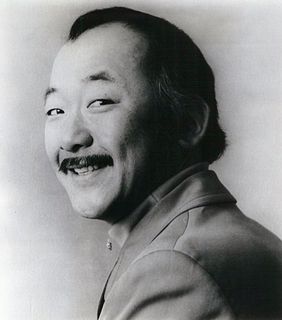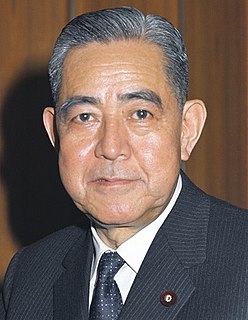A Quote by Pritam Singh
The Workers' Party will not be like the Japanese in World War II.
Quote Topics
Related Quotes
However, there is a fundamental difference between the issue related to Japan's history and our negotiations with China. What is it all about? The Japanese issue resulted from World War II and is stipulated in the international instruments on the outcomes of World War II, while our discussions on border issues with our Chinese counterparts have nothing to do with World War II or any other military conflicts. This is the first, or rather, I should say, the second point.
It's important to remember that World War II was experienced very much as a continuity in that sense. Most of World War II in most of Europe wasn't a war; it was an occupation. The war was at the beginning and the end, except in Germany and the Soviet Union, and even there really only at the end. So the rest of time it's an occupation, which in some ways was experienced as an extension of the interwar period. World War II was simply an extreme form, in a whole new key, of the disruption of normal life that began in 1914.
While writing my memoir, 'When Skateboards Will Be Free,' I would sometimes have to pore over hours of microfilm at the New York Public Library in order to try to get one obscure detail right. For instance, was the Socialist Workers Party originally called the American Workers Party or the Workers Party of the United States?
Hitler did not have Mussolini's revolutionary socialist background... Nevertheless, he shared the socialist hatred and contempt for the 'bourgeoisie' and 'capitalism' and exploited for his purposes the powerful socialist traditions of Germany. The adjectives 'socialist' and 'worker' in the official name of Hitler's party ('The Nationalist-Socialist German Workers' Party') had not merely propagandistic value... On one occasion, in the midst of World War II, Hitler even declared that 'basically National Socialism and Marxism are the same.'
World War II made war reputable because it was a just war. I wouldn't have missed it for anything. You know how many other just wars there have been? Not many. And the guys I served with became my brothers. If it weren't for World War II, I'd now be the garden editor of The Indianapolis Star. I wouldn't have moved away.



































